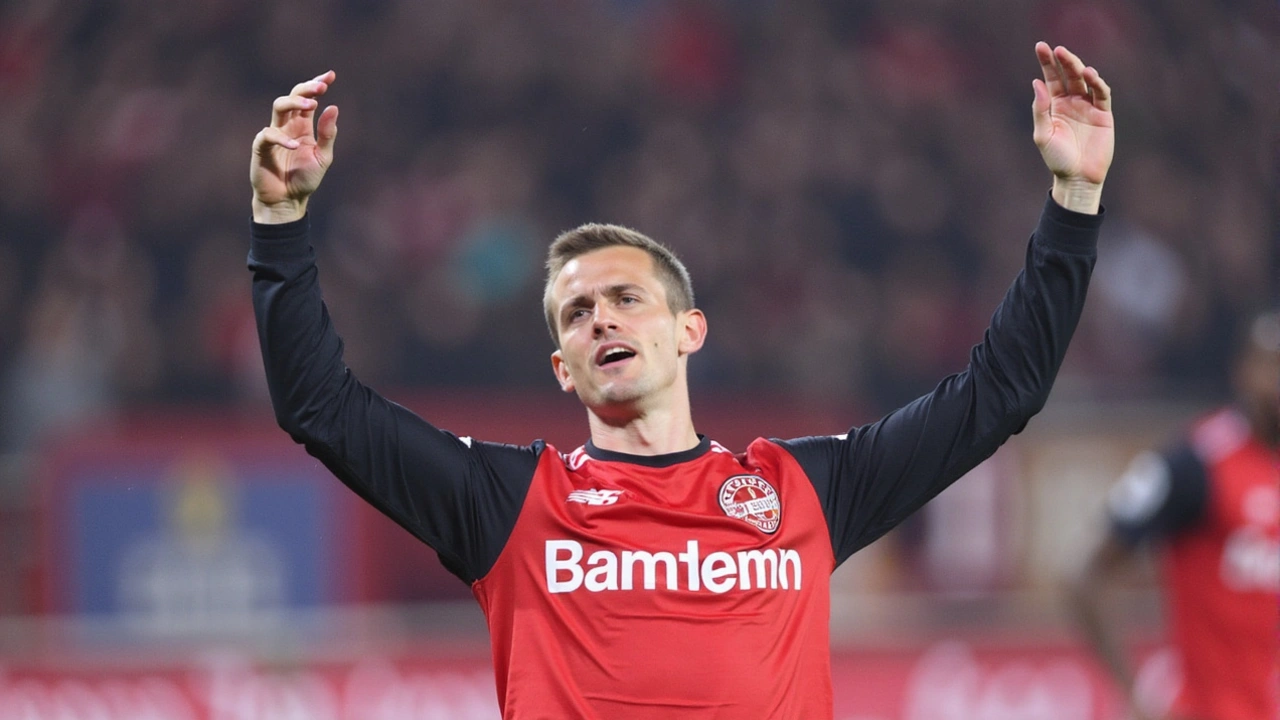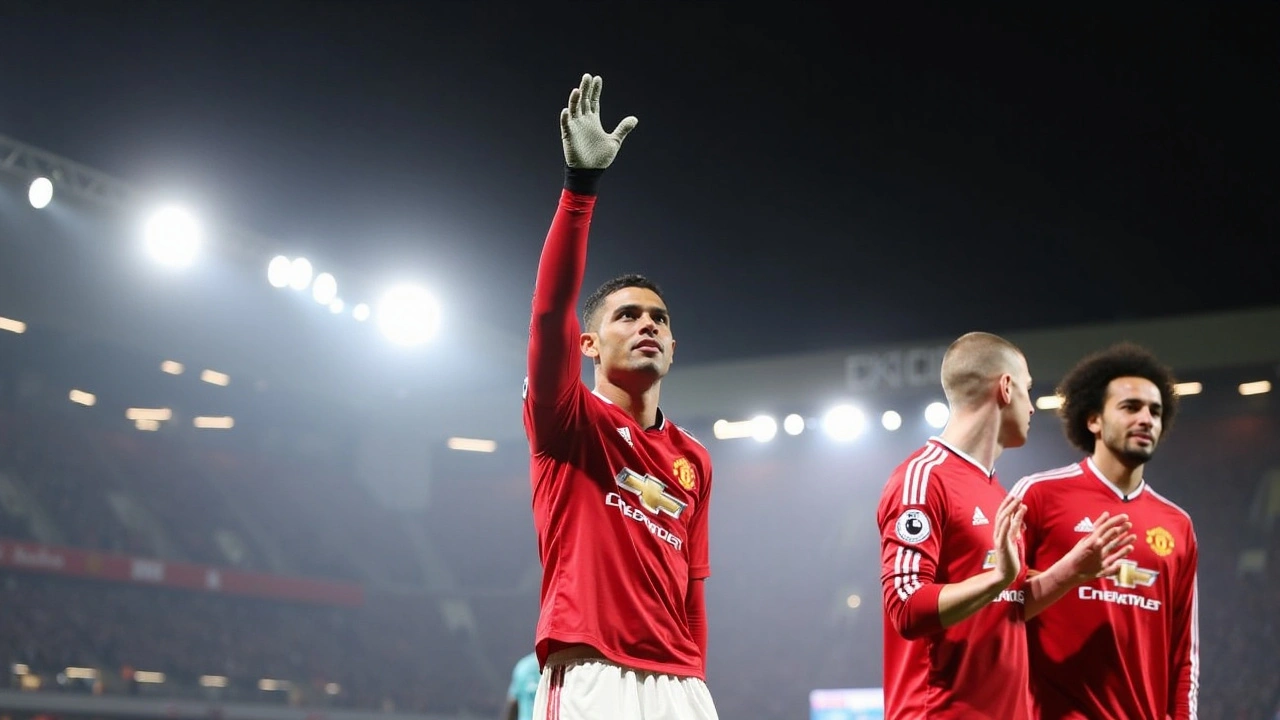Manchester United's Troubled Waters
Manchester United, one of the most storied clubs in football history, is no stranger to challenges. However, the 2024-25 season has exposed underlying issues that have persisted despite managerial changes. Erik Ten Hag, appointed as the head coach, faced the daunting task of taking Manchester United back to its glory days. Unfortunately, his tenure was marred by numerous setbacks, culminating in his dismissal. The statistics tell a grim tale: Ten Hag's teams accumulated fewer points per game compared to his predecessors, showcasing an alarming decline. Under his leadership, the club scored fewer goals and conceded more than in the past. These figures, paired with high-profile defeats at Old Trafford, highlighted a growing crisis within the club.
The problem with Ten Hag's reign wasn't just the numbers—it was the relationships. His time at the helm saw several conflicts with key players, affecting the team's dynamics and on-field performances. This discord, coupled with consistent disappointing losses, led to the board's decision to part ways with Ten Hag despite a fleeting FA Cup triumph. The board's next move was to bring in Ruben Amorim, a promising manager known for his tactical ingenuity, hopefully steering United into a stable path and refreshing its tactics. But appointing a new manager is only half the battle. The issues plaguing Manchester United are deeply etched into its current setup.
The Reality Check at Bayer Leverkusen
Meanwhile, in Germany, Bayer Leverkusen has also been facing its own set of trials. Despite a solid track record in recent years, this season has seen the club fall short of its expectations. Last season, Leverkusen enjoyed an unbeaten run in the Bundesliga, a historic feat that captured the football world’s imagination. Averaging an impressive 2.33 points per game in narrowly contested matches, the team seemed unstoppable. However, reality has struck hard as they find themselves lagging five points behind early leaders Bayern Munich and RB Leipzig. This comes even as they maintain an unbeaten record in the Champions League.
Experts believe that what Leverkusen is experiencing is a regression to the mean—a phenomenon often seen in sports where exceptionally good performances are followed by less stellar results. This season, they average only 1.71 points per game in close encounters, which seems to suggest the high they rode last season was unsustainable. This disappointment isn’t about catastrophic failure but rather about not reaching the lofty heights they themselves set just a season ago. The club is tasked now with managing expectations and finding a way to sustain top-tier performances in a challenging landscape.

Changing Landscapes in European Football
The discussion on struggling teams would be incomplete without considering the less explicit reasons for their fall from grace. Football today is intensely competitive, and transfer windows often see top clubs losing their key players to rival teams. Both Manchester United and Bayer Leverkusen are no strangers to having their squads dissected by larger clubs' financial allure and the dreams offered by playing in more competitive leagues. Teams like LaLiga's Girona and Serie A's Bologna have severely diminished in their present forms after talent loss, a reality that several clubs confront.
Aside from transfers, internal club dynamics, including player relationships and management, play a crucial role in determining a team's performance. Manchester United's management issues had broader implications, affecting player morale and team harmony. Similarly, for Leverkusen, managing the pressure of expectations after a historically successful season is a challenge. As top clubs continue to face these adversities, they must innovate tactical strategies, strengthen internal cohesion, and recognize the need for maintaining a balance between buying experienced players and nurturing homegrown talent.
Finding a New Path Forward
Both Manchester United and Bayer Leverkusen have demonstrated that even the strongest teams face challenges that require delicate handling. Their 2024-25 seasons have been wake-up calls, demanding introspection and strategic recalibration. As Manchester United look to integrate Ruben Amorim’s fresh ideas, much hinges on how the new collaboration refines the team into a cohesive unit. Meanwhile, Leverkusen must strive to keep their squad mentally agile and tactically versatile, ready to capture the heights of their earlier successes.
Ultimately, the journey ahead for these reputed clubs will not only shape their destiny but also redefine their era in European football. With continued dedication, a clear vision, and a good balance between experience and youth, they may yet reclaim their former glory and command the pitch once more. Football remains merciless, yet this very unpredictability also fuels the passion, anticipation, and enduring love it commands worldwide.

Write a comment